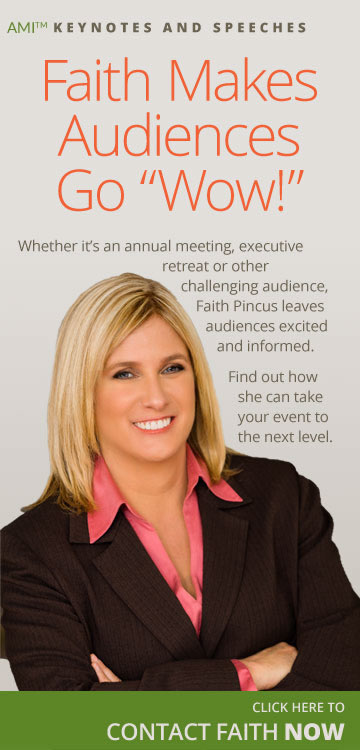Case study: The right kind of spying
Remember back HERE when I made a case for using online searches to find out what you can about your audience beforehand? I’d like to tell you a story about why this is so helpful. Recently, I expanded my practical legal skills seminars to Florida. We were holding our seminal Federal Court Boot Camp in Miami and one of the speakers took the time to Google all of the attendees registered for our program. Now, normally our Federal Court Boot Camps (held all over the country) draw an audience that is 80% newer attorneys and 20% more experienced attorneys. But what our intrepid speaker discovered at this particular program was that an unprecedented 50% of the audience were experienced attorneys. She even found that she knew some of them personally. She promptly let all the other speakers on the panel know and they were able to adjust their presentations accordingly. Now, you might be asking yourself why the company that brought me in for the presentation didn’t provide that information.
Well, in a perfect world, they would have. But with the number of engagements of this sort that I am engaged for — 50 or so seminars a year in six states — they simply don’t have the time or resources. That’s why we give the attendee lists to the speakers. It is beginning to be a common practice for this very reason. It’s just a matter of bandwidth.
And of course, if your personal bandwidth doesn’t allow you to take the time to do online searches and update them as I detailed in the last post, you can always have a staff member perform these tasks. Unlike some of the other issues of your speaking engagement, this doesn’t have to have your personal attention and expertise.



How do you subscribe to the blog?
Hi, Sorry, I thought I had responded to this. You can either click on the RSS feed button at the top of the page, or fill out the form that says “sign up for our newsletter” on the right side of the page, middle of the page. Faith